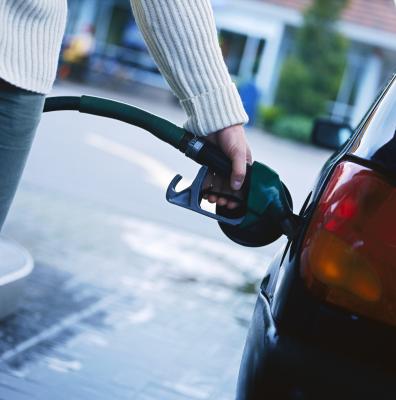
You may imagine the complexities of gasoline end with grades such as premium, regular and diesel -- but there is a lot more to gasoline than just a few basic types. In fact, there are several kinds of gasoline bases, and modern fuels, including the gas labeled "regular" at your gas station, have a wide variety of additives, one or more of them oxygenating the gas.
A combustion engine is not that different from a campfire with a fuel source and an air source. An engine just mechanically harnesses the combustion. Like campfires or any combustion, not all the fuel is burned, and not all of what is burned is burned cleanly. Adding oxygen to the fuel helps the engine burn as much of the fuel as possible, spending all the fuel's energy while saving money and reducing unwanted waste products.
Just about every advance in the efficiency or economy of internal combustion engines can also be harnessed to make more power, just as power advances can also be engineered to create better efficiency. Oxygenated fuels, in addition to cleaner burning, can do both. So, in addition to being less harmful to the environment by creating less pollution per mile, oxygenated fuels can also take you farther.
The United States Geological Survey reports that MTBE or tertiary butyl ether is the most common oxygenator for fuels. The Survey notes, "MTBE is credited with contributing to significant reductions in carbon monoxide and ozone levels in many of these areas." Although there's little question that the use of oxygenated fuels increases fuel efficiency, many of the oxygenating substances such as MTBE are toxic and intrinsically dangerous.
In spite of preventing even more pollution from fuel combustion, oxygenators like MTBE are dangerous to the environment. MTBE, for example, is soluble in water. The U.S. Environmental Protection Agency (EPA) notes, "A growing number of studies have detected MTBE in ground water throughout the country; in some instances these contaminated waters are sources of drinking water." Not all oxygenators have the same environmental dangers, but they all have them.